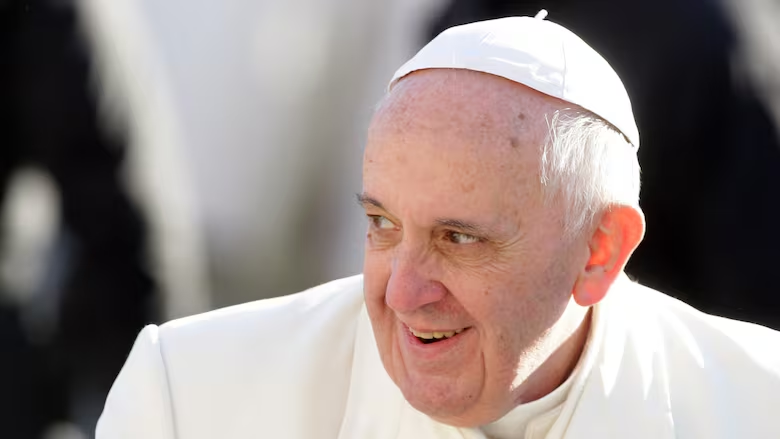Vatican City, April 23, 2025—Pope Francis, the 266th pontiff of the Roman Catholic Church, passed away on April 21, 2025, at the age of 88, concluding a transformative 12-year papacy. Born Jorge Mario Bergoglio in Buenos Aires, Argentina, Francis was the first Jesuit and Latin American pope, elected in 2013 following the resignation of Pope Benedict XVI. His death marks the end of a tenure defined by humility, advocacy for the marginalized, and bold efforts to reform the Church, leaving an indelible mark on global Catholicism and beyond.
A Papacy of Simplicity and Service
Francis, who never accepted a salary as pope, reportedly had a net worth of $16 million at the time of his death, accrued largely from unclaimed earnings and charitable allocations. True to his values, his estate is expected to be directed toward charitable causes or a memorial foundation, continuing his lifelong commitment to supporting the poor. Known for his modest lifestyle, Francis famously opted to reside in the Vatican guesthouse, Casa Santa Marta, rather than the opulent Apostolic Palace. He often traveled in small, unassuming cars, wore simplified papal attire, and consistently shunned the extravagance typically associated with his office.
Throughout his papacy, Francis prioritized the needs of the poor and vulnerable, earning him the nickname “the People’s Pope.” His environmental advocacy, particularly through his 2015 encyclical Laudato Si’, called for global action on climate change, resonating with both religious and secular audiences. He also championed financial transparency within the Vatican, tackling longstanding issues of corruption and mismanagement, and worked tirelessly to promote interfaith dialogue, global justice, and compassion for refugees.
Final Days and Global Tributes
Pope Francis’s health had been declining in recent months, with the pontiff battling pneumonia and kidney failure. After a brief hospitalization earlier in April, he returned to the Apostolic Palace, where he passed away peacefully on April 21. The Vatican announced his death with a statement expressing both sorrow and gratitude for his spiritual leadership, noting that he died surrounded by close aides and in a state of prayer.
Tributes poured in from world leaders and faith communities worldwide. U.S. President Joseph Biden described Francis as “a moral compass for our time,” while the Dalai Lama praised his efforts to foster peace and understanding across religions. Leaders in Latin America, particularly in Argentina, highlighted his role as a unifying figure for the region, with Buenos Aires declaring a week of mourning in his honor.
A Legacy of Reform and Challenges
As the first Jesuit pope, Francis brought a unique perspective to the papacy, emphasizing pastoral care over rigid doctrine. His reforms included decentralizing Church governance, empowering local bishops, and addressing the clergy sexual abuse crisis with greater accountability, though some critics argued his efforts fell short of systemic change. He also made strides in modernizing the Church’s stance on social issues, welcoming LGBTQ+ individuals with his famous remark, “Who am I to judge?” and advocating for the role of women in Church leadership, albeit stopping short of supporting ordination.
Despite his progressive stances, Francis faced resistance from conservative factions within the Church, who opposed his reforms and his focus on social justice over traditional teachings. Nevertheless, his commitment to personal austerity and spiritual leadership earned him widespread admiration, even among his detractors.
The Road Ahead
With Pope Francis’s passing, the Catholic Church now faces the task of electing a new pope. The College of Cardinals will convene in a conclave in the coming weeks to select his successor, a process that will likely reflect the divisions and aspirations within the global Church. As the Vatican prepares for this transition, Francis’s legacy as a reformer, a voice for the poor, and a beacon of humility will undoubtedly shape the future of Catholicism.
Pope Francis leaves behind a Church that is more outward-looking and compassionate, yet still grappling with the challenges of modernity. His life and papacy, rooted in simplicity and profound faith, will be remembered as a testament to the power of leading with love and service.






